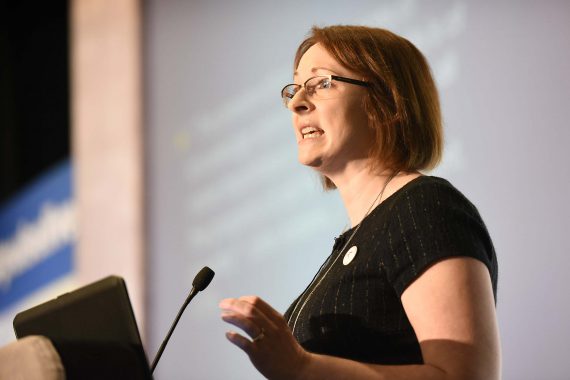Almost half of locum and salaried GPs previously worked as a GP partner, with many citing they had turned to sessional work to regain control of their workload, a BMA survey of sessional GPs has found.
The Sessional GP Survey 2017 found that ‘more than four in ten’ of the 2,079 have previously been partners, while two-thirds say they work sessionally so they could ‘reduce their hours/sessions or changed to a more preferred working pattern’.
They cited the top reasons for avoiding or leaving work as a GP contractor or partner as:
- Lack of control over workload (62%);
- Insecurity of practice finances (51%);
- Operational responsibility of running the practice (50%).
This was followed by concerns over regulatory responsibility, such as CQC compliance, human resources requirements, and the risks of premises ownership.
When asked about their plans in the next five years, the report said: ‘Most respondents’ preferred career option would to be work as a portfolio GP, [but] working as a GP in a new care model was generally not viewed as attractive.’
The survey received 2,079 responses from the nearly 14,000 BMA members thought to be working as sessional GPs and found they are also feeling the growing pressures of the job.
One in 10 respondents said they had had to take time-off due to work related stress in the past year, though this was most commonly reported by salaried GPs, and more than half (52%) had felt unwell from workplace stress.
This was most keenly felt by those working salaried or full time, where workplace stress was reported by 62% of respondents.
Three-quarters of sessionals said they had experienced their workload increasing.
Dr Zoe Norris, BMA GP sessional lead said the results ‘lay bare’ the scale of the GP workforce crisis, saying: ‘It cannot be healthy that more than half are suffering from the impact of work-related stress that is clearly being caused by a working environment starved of resources despite rising patient demand.’
She added that locums and salaried doctors must be a ‘key part’ of the solution to the NHS’s workload and workforce problems and the Government’s proposed pay restraints could undermine this.
Pulse October survey
Take our July 2025 survey to potentially win £1.000 worth of tokens














